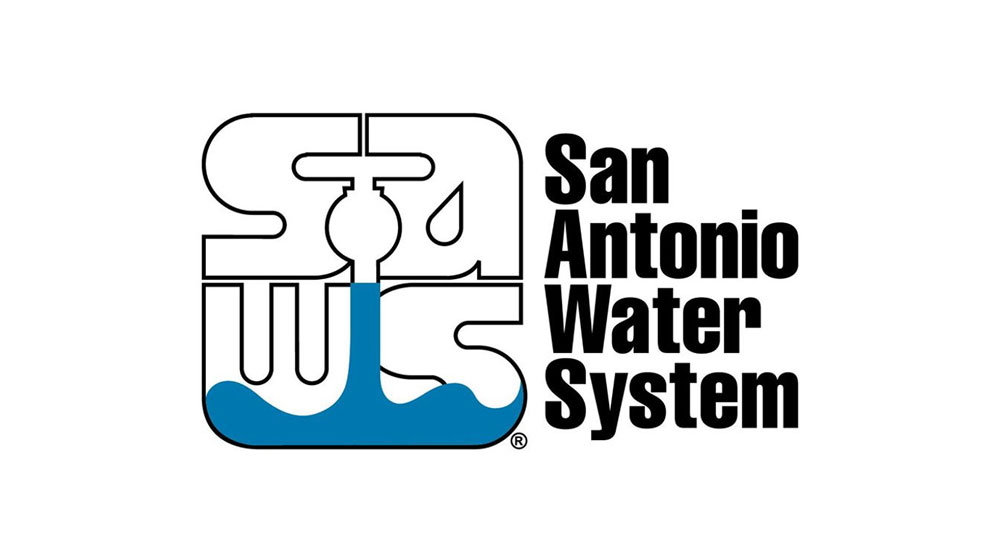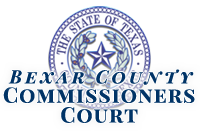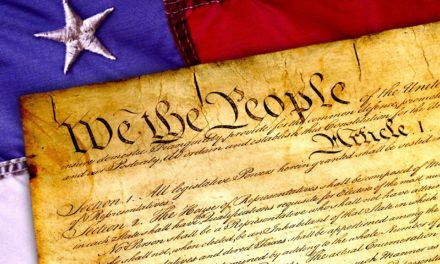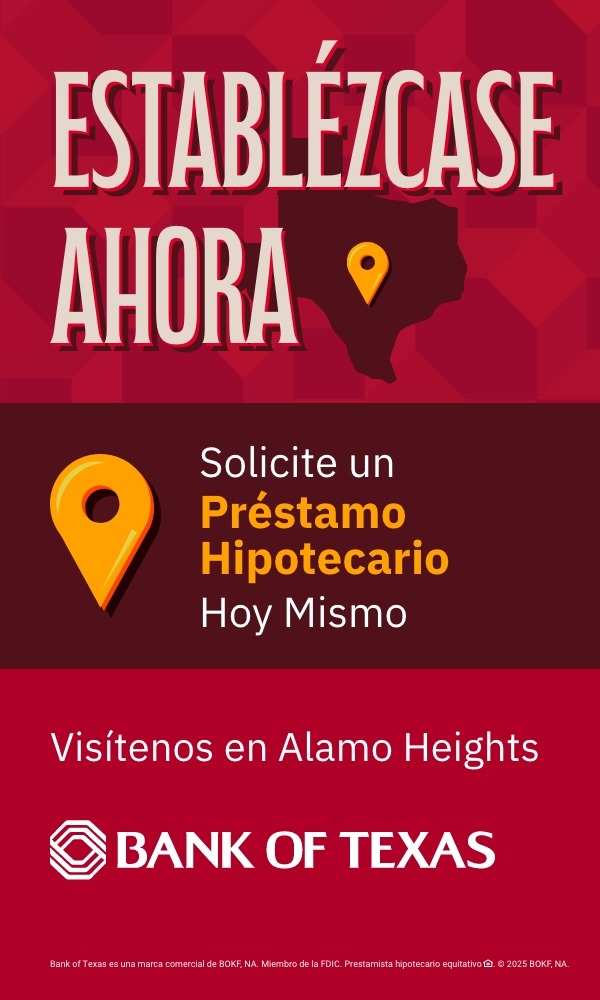In late January, SAWS and the City of San Antonio dropped their legal action against the SAWS Act PAC citizens’ coalition that is seeking changes at the publicly owned utility via a city charter amendment. SAWS has used public money not only to pay for a high-priced private law firm to represent the utility in what appears to be a frivolous lawsuit against a citizen-led petition effort, but it now might also be required to pay the legal fees for the petitioners, should the court so rule. In the span of just two short months, SAWS has undoubtedly racked up a large legal bill—the exact amount of which is unknown to the public at this time—and spent countless hours in secret meetings and discussions in an effort to quash a citizen-led petition drive to bring transparency and accountability to the people’s water utility.
Prior to dropping the lawsuit, however, the SAWS board of trustees discussed an item during an executive session at their meeting on January 12. “Executive session” means that a portion of the meeting is closed to the public and whatever discussions take place are exempt from transparency requirements under the Texas Open Meetings Act. The agenda item, which reads as follows, dealt with the lawsuit aimed at stopping the petition effort led by the SAWS Act PAC: “Consultation with attorneys regarding Cause No. D-1-GN-20-007317; In re The City of San Antonio, Texas, acting by and through the San Antonio Water System Board of Trustees, et al. in the 126th Judicial District Court of Travis County, Texas pursuant to Texas Government Code §551.071”. The reference to the Government Code indicates that the SAWS board was seeking “the advice of its attorney about pending or contemplated litigation” and was therefore legally allowed to meet in secret. This secretive executive session occurred a full week before the January 19 court hearing, where it was revealed that SAWS had undertaken the legal action under the specific direction of President/CEO Robert Puente. Then again at the SAWS board meeting on February 2, an identical agenda item appeared, again in executive session, barely a week after the SAWS’ attorneys withdrew the suit.
For two months in a row, at the very least, SAWS trustees deliberated in secret about these problematic legal actions. We remind our readers that one of the provisions of the charter amendment petition would enforce term limits on SAWS trustees and another provision would limit the salary of the SAWS CEO to no more than 10 times that of the lowest paid SAWS employee. Puente’s salary is currently approximately $600,000 per year (more than another other head of a public water utility in the US), and if the charter amendment were to pass, that figure would be reduced to, at most, a paltry $300,000 per year. Several SAWS trustees have, with the enthusiastic consent of the mayor and city council, served terms that are well in excess of those allowed under the current rules. The charter amendment petition, therefore, represents a direct challenge to the power of the SAWS trustees and CEO, who have actively and in secret worked to undermine a lawful, citizen-led petition.
The central theme of the SAWS Act petition is integrity and its complimentary virtue, ethics. President/CEO Puente, who is a SAWS employee, is subject to the comprehensive Code of Ethical Standards, which states:
“All SAWS employees are stewards of the public trust. It is paramount that SAWS carries out its mission with utmost integrity. Employees shall conduct themselves in a manner that will maintain public trust and confidence, and avoid the appearance of impropriety or undue influence. Using resources wisely and centering decisions on the best interests of the community without personal conflicts of interest protect the public’s confidence in SAWS’ mission.”
SAWS trustees are also held to an ethical standard. According to paragraph L, section 32 of City of San Antonio Ordinance #75686, SAWS’ founding document:
“Par. L. The Members of the board shall not be personally liable, either individually or collectively, for any act or omission in the performance of their duties as Members of the board not willfully fraudulent or in bad faith…”
Members of the board (trustees) therefore enjoy qualified immunity so long as they perform their duties without willful fraudulence or bad faith. Black’s Law Dictionary defines “bad faith” as follows:
“The opposite of ‘good faith,’ generally implying or involving actual or constructive fraud, or a design to mislead or deceive another, or a neglect or refusal to fulfill some duty or some contractual obligation, not prompted by an honest mistake as to one’s rights or duties, but by some interested or sinister motive.”
We must ask ourselves whether Puente failed to be a steward of the public trust by directing a legal action to suppress a grassroots petition effort that might affect his salary, thereby breaching the Code of Ethical Standards. Furthermore, would the SAWS trustees, including the mayor, be exercising bad faith—namely “a neglect or refusal to fulfill some duty”—if they were aware that Puente had a clear conflict of interest in attempting to stop the charter amendment petition and was either violating the Code of Ethical Standards (or had at least failed to “avoid the appearance of impropriety”) yet they did nothing about it? Would the SAWS trustees also be exercising bad faith—namely “a design to mislead or deceive”—by: (1) holding secret consultations with an attorney to discuss a lawsuit designed to nullify the public’s right to petition and (2) failing to publicly disclose potential conflicts of interest and ethical infractions related to the petition and the lawsuit?
Likewise, if trustees countenanced a spurious, potentially frivolous lawsuit—recall that the petition had not yet been filed with the city clerk when SAWS took legal actions to stop it—which was then quietly withdrawn after meeting unexpected and effective opposition from the petitioners, such actions may have been “willfully fraudulent or in bad faith”.
Puente has been allowed by the SAWS trustees to use public funds for a legal attack on the SAWS Act group and by extension on the thousands of voters who signed the petition during a pandemic, thereby exercising their Constitutional right to petition for a redress of grievances. Puente likely did not expect that the petitioners would happen upon the obscure legal notice announcing the SAWS actions that was published in the backpages of the newspaper. Puente likely did not expect that the SAWS Act respondents would launch a legal fight to protect the public’s right to petition. And so, Puente, with the apparent blessing of the SAWS trustees including the mayor, decided to withdraw the lawsuit he initiated, though perhaps, given the apparent timing of the legal consultations conducted in executive session, Puente might be reserving the right to launch another similarly opportunistic and preemptive legal strike in the future.
If these actions are not a violation of the public trust, then what is? The public must think long and hard about what else their utility might be capable of doing—or has already done—to breach that trust.
——————————————————————
A fines de enero, SAWS y el gobierno municipal de San Antonio retiraron su acción legal contra la coalición ciudadana ‘SAWS Act PAC’ que busca cambios en la empresa pública a través de una enmienda a los estatutos de la ciudad. SAWS ha utilizado dinero del erario público no solo para pagar los costosos servicios de un bufete de abogados privado para representar a la empresa de servicios públicos en lo que parece ser una demanda frívola contra una campaña ciudadana para sacar adelante una petición, sino que ahora también podría tener que pagar los honorarios legales de los peticionarios, si el tribunal así lo dictamine. En el lapso de solo dos breves meses, SAWS indudablemente ha acumulado una gran factura legal—cuya cantidad exacta desconoce el público por el momento—y pasó incontables horas en reuniones y discusiones secretas en un esfuerzo por sofocar a una petición ciudadana que busca brindar la transparencia y una mejor rendición de cuentas a la empresa pública de suministro de agua.
Sin embargo, antes de retirar la demanda, los miembros de la junta de gobierno de SAWS discutieron un tema durante una sesión ejecutiva en su reunión del 12 de enero. “Sesión ejecutiva” significa que una parte de la reunión está cerrada al público y por ende cualquier discusión que se lleva acabo durante dicha sesión está exenta de los requisitos de transparencia bajo la Ley de Reuniones Abiertas de Texas. Ese punto de la agenda, que dice lo siguiente, trató sobre la demanda encaminada para frenar la petición promovida por la SAWS Act PAC: “Consulta con abogados sobre la Causa No. D-1-GN-20-007317; con respecto a La Ciudad de San Antonio, Texas, actuando por y a través de la Junta de Gobierno del Sistema de Aguas de San Antonio, et al. en el 126º Tribunal del Distrito Judicial del Condado de Travis, Texas, de conformidad con el Código de Gobierno de Texas §551.071 ”. La referencia al Código de Gobierno indica que la junta de gobierno de SAWS buscaba “el consejo de su abogado sobre litigios pendientes o contemplados” y por lo tanto legalmente se le permitió reunirse en secreto. Esta clandestina sesión ejecutiva ocurrió una semana antes de la audiencia judicial del 19 de enero, donde se reveló que SAWS había emprendido la acción legal bajo la dirección específica del presidente/director ejecutivo Robert Puente. Por otra parte, en la reunión de la junta directiva de SAWS el 2 de febrero, apareció un punto idéntico en la agenda, nuevamente en una sesión ejecutiva, apenas una semana después de que los abogados de SAWS retiraran la demanda.
Durante dos meses seguidos, como mínimo, los consejeros de SAWS deliberaron en secreto sobre estas problemáticas acciones legales. Recordamos a nuestros lectores que una de las cláusulas de la petición de enmienda requeriría que se haga cumplir los límites de duración de cargo de los consejeros de SAWS y otra cláusula limitaría el salario del director ejecutivo de SAWS a no más de 10 veces el del empleado de SAWS con el menor salario. El salario de Puente es actualmente de aproximadamente $600,000 por año (más que cualquier otro/a jefe/a de una empresa pública de agua en los EEUU), Y si se aprobara la enmienda, esa cifra se reduciría a la insignificante suma de $300,000 por año como máximo. Varios de los consejeros de SAWS, con el entusiasta consentimiento del alcalde y el concejo municipal, han cumplido duraciones de cargo que superan por mucho las permitidas por las reglas actuales. La petición de enmienda, por lo tanto, representa un desafío tajante al poder de los consejeros y el CEO de SAWS, quienes han trabajado activamente y en secreto para socavar una petición legítima promovida por el pueblo.
El tema central de la petición de la SAWS Act PAC es la integridad y su virtud complementaria, la ética. El presidente/director ejecutivo Puente, que es un empleado de SAWS, está sujeto al Código de Normas Éticas, que establece:
“Todos los empleados de SAWS son administradores de la confianza pública. Es fundamental que SAWS lleve a cabo su misión con la máxima integridad. Los empleados se comportarán de una manera que mantenga la confianza del público y evitará la apariencia de indecoro o influencia indebida. Usar los recursos con sabiduría y centrar las decisiones en los mejores intereses de la comunidad sin conflictos de intereses personales protege la confianza del público en la misión de SAWS ”
Los consejeros de SAWS también están sujetos a un estándar ético. De acuerdo con el párrafo L, sección 32 de la Ordenanza # 75686 de la Ciudad de San Antonio, documento fundacional de SAWS:
“Par. L. Los miembros de la junta de gobierno no serán personalmente responsables, ya sea individual o colectivamente, de cualquier acto u omisión en el desempeño de sus funciones como miembros de la junta que no sea deliberadamente fraudulentos o de mala fe … ”
Los miembros de la junta de gobierno (consejeros) gozan, por tanto, de inmunidad calificada siempre que desempeñen sus funciones sin fraudulencias intencionales o mala fe. ‘Black’s Law Dictionary’ define la “mala fe” de la siguiente manera:
“Lo opuesto a ‘buena fe’, que generalmente implica o involucra fraude real o constructivo, o un diseño para confundir o engañar a otro, o una negligencia o rechazo a cumplir con algún deber u obligación contractual, no provocado por un error honesto en cuanto a los derechos o deberes correspondientes, sino por algún motivo interesado o siniestro.”
Debemos preguntarnos si Puente falló en ser un administrador de la confianza pública al dirigir una acción legal para reprimir una petición comunitaria que podría afectar su salario, violando así el Código de Normas Éticas. Además, ¿los consejeros de SAWS, incluido el alcalde, estarían ejerciendo mala fe—a saber, “una negligencia o rechazo a cumplir con algún deber”—si supieran que Puente tenía un claro conflicto de intereses al intentar detener la petición de enmienda y así violar el Código de Normas Éticas (o al menos no “evitar la apariencia de indecoro”) sin hacer ellos nada al respecto? ¿Estarían los consejeros de SAWS ejerciendo mala fe—a saber, “un diseño para engañar o engañar”—al realizar (1) consultas secretas con un abogado para discutir una demanda diseñada para anular el derecho del público a presentar una petición y (2) no revelar públicamente posibles conflictos de intereses e infracciones éticas relacionadas con la petición y la demanda legal?
Del mismo modo, si los consejeros de SAWS aprobaron una demanda espuria y potencialmente frívola—recuerde que la petición aún no se había presentado ante la secretaria municipal cuando SAWS tomó acciones legales para detener la petición—que luego se retiró sigilosamente después de toparse con una oposición inesperada y efectiva por parte de los peticionarios, dichas acciones de la junta de gobierno pudieron haber sido “deliberadamente fraudulentas o de mala fe”.
Los consejeros de SAWS le han permitido a Puente usar fondos del erario público para un ataque legal contra el grupo de la SAWS Act PAC y, por extensión, contra los miles de votantes que firmaron la petición durante una pandemia, ejerciendo así su derecho constitucional de solicitar una reparación de agravios. Puente probablemente no esperaba que los peticionarios se encontraran con el aviso legal ocultado en la contraportada del periódico que anunciaba las acciones de SAWS. Puente probablemente no esperaba que los demandados lanzaran una lucha legal para proteger el derecho de petición del público. Y así, Puente, con la aparente bendición de los consejeros de SAWS, incluido el alcalde, decidió retirar la demanda que él mismo inició, aunque quizá, según las fechas de las consultas legales realizadas en sesión ejecutiva, Puente podría estar reservándose el derecho de iniciar otra embestida legal igualmente oportunista y preventiva en el futuro.
Si estas acciones no son una transgresión de la confianza pública, ¿qué acciones sí lo serían? El público debe pensar detenidamente acerca de qué más podría ser capaz de hacer SAWS, o bien ya ha hecho, para vulnerar esa confianza.











